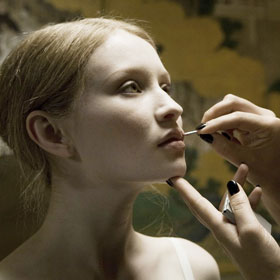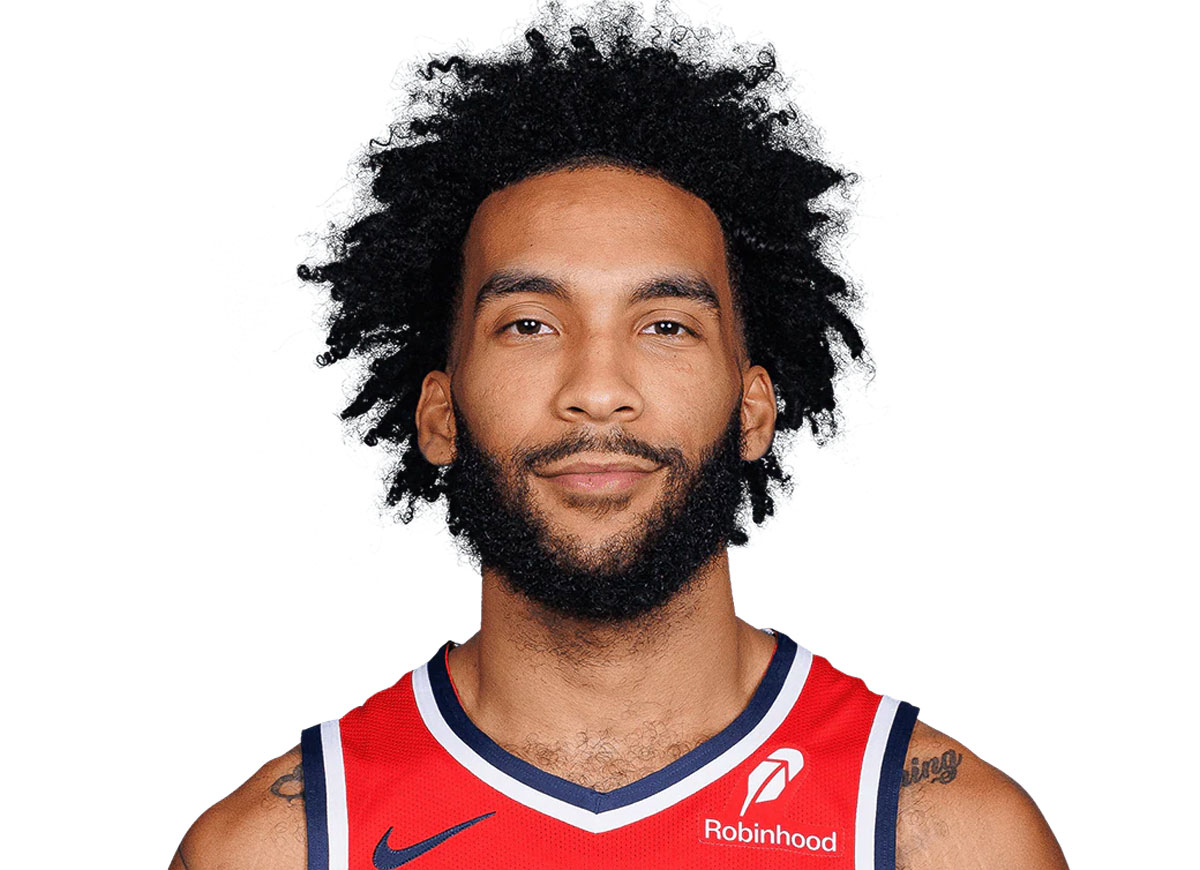Sleeping Beauty

3.5/5
Fairy tales, ever a go-to source for cinematic revision, have claimed an even larger share of the spotlight recently. Network television's fall lineup has seen both Grimm and Once Upon a Time. Two separate versions of "Snow White" — Tarsem Singh's Mirror, Mirror and the Kristen Stewart-led Snow White & The Huntsman — are each slated for release this spring. And less literal, though still indebted, takes on fairy tale lore, from Harry Potter to Twilight, preside over the box office in emperor's clothing.
Onto this crowded mat of wicked stepmothers and big bad wolves steps writer/director Julia Leigh's daring debut, Sleeping Beauty, which is not the direct translation of "children's story" to "adult movie" you might imagine (shame on you!). Leigh's film has a much more oblique relationship to the tale of the slumbering princess who pricked her finger on a cursed spinning wheel; instead its source material is the lesser known fable of the anesthetized nymphet whom village men, horny for the touch of youth, would pay to spend the night with.
Shocking in real life, maybe, but in movies we're used to much worse, right? Our expectations of what might befall our young Lucy, played with breathtaking confidence by Emily Browning (Sucker Punch), imbue the banal details of her life — witnessed by the clinically, almost empirically, observant eye of Leigh's camera — with a troubling strangeness. For the first half hour or so, we silently watch as Lucy obtains money and sex through more or less average means: wiping tables, making copies, volunteering for medical experiments, flirting with men at bars. Leigh's method of storytelling is to delicately juxtapose what happens with what might happen — achieved in each scene by cutting away just before the former overtakes the latter. The viewer patiently awaits payoff for confusion while nibbling on a few rare narrative treats Leigh tosses out seemingly reluctantly.
One such treat involves an altercation, between Lucy and an elder beauty, over the color of Lucy's lipstick. Hired for a hefty sum to wait tables in virginal lingerie, Lucy is instructed to match the shade of her lipstick to that of her, um, lady parts, and the rebellious way she receives this advice makes her all the more irresistible. How Browning manages at once to invite the audience's gaze while seeming to reserve some private disdain for it is an award-worthy achievement.
Sleeping Beauty gets under our skin a few times, actually, and not just by way of shock value. In one particularly effective scene, Lucy encounters a random woman dozing off on a train — her gossip magazine falling out of her hands, drool leaking from the corner of her mouth — and realizes, as we do, that sleep completely seizes us and makes us either blissfully unaware of or totally indifferent to who and what and where we are. And yet, as we must, we sleep soundly all the time, as if such vulnerability did not stake some claim on our awareness of ourselves when we are, apparently, awake.
Leigh, an accomplished novelist from Australia attempting a crossover, said she conceived Sleeping Beauty as a film and a film only. It's hard not to believe her when the film's thematic preoccupations — fetishized watching if not voyeurism, tentative if not comatose togetherness — are so classically cinematic. They're also very film school, and Sleeping Beauty does often seem as if it were made by a very ambitious and talented college student. Taking itself too seriously, the film frequently forgets to be enjoyable, and it narrowly misses the catharsis it aims for by inclining toward juvenilish sentiments.
Fair enough, though, for a first-time director, who after such a preamble promises a body of work worth waking up to.
RELATED ARTICLES
Get the most-revealing celebrity conversations with the uInterview podcast!





Leave a comment